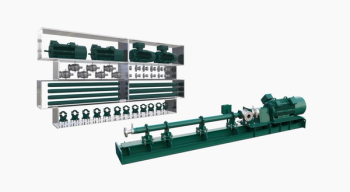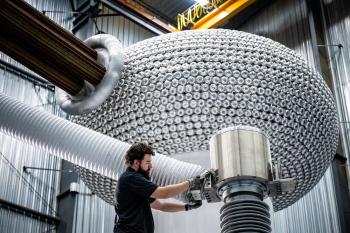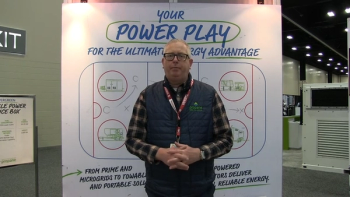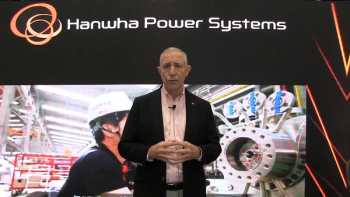
Rolls-Royce Conducts First High-Speed, 100% Methanol Engine Test
Key Takeaways
- Rolls-Royce's methanol engine test marks a world-first in high-speed marine engines, advancing CO2-neutral propulsion technology.
- The meOHmare project, funded by Germany, aims for a CO2-neutral marine engine by 2025, using green methanol.
Under the meOHmare project, partners will develop a comprehensive concept for a CO2-neutral marine engine based on green methanol by year-end 2025.
Rolls-Royce successfully executed testing for the world’s first high-speed marine engine using
As part of the project, Rolls-Royce aims to offer customers efficient ways to minimize their CO2 emissions by developing a comprehensive concept for a CO2-neutral marine engine based on green methanol by year-end 2025.
“This is a genuine world first,” said Dr. Jörg Stratmann, CEO of Rolls-Royce Power Systems AG. “To date, there is no other high-speed engine in this performance class that runs purely on methanol. We are investing specifically in future technologies in order to open up efficient ways for our customers to reduce CO2 emissions and further expand our leading role in sustainable propulsion systems.”
Simultaneously, the company is developing a dual-fuel concept that can burn both methanol and diesel, serving as a bridge technology until green methanol is widely available. Methanol presents a host of new engineering challenges: Unlike diesel, liquid alcohol does not ignite spontaneously and mandates an entirely new injection technology.
“We have fundamentally redesigned the combustion process, the turbocharging, and the engine control system—and even adapted our test bench infrastructure,” said Dr. Johannes Kech, Head of Methanol Engine Development, Rolls-Royce Power Systems. “Initial tests show that the engine is running smoothly—now it’s time for fine-tuning.”
The maritime industry considers green methanol as a promising alternative fuel for shipping. When produced using electricity from renewable energies in a power-to-X process, green methanol’s operation is CO2-neutral. Compared to other alternative/sustainable fuels, green methanol is easy to store, biodegradable, and emits significantly fewer pollutants.
“With this successful test run, we are sending a clear signal: green methanol is a future-oriented fuel and the technology for it is here,” said Denise Kurtulus, Senior Vice President Global Marine at Rolls-Royce. “The single-fuel methanol engine is an attractive solution, especially for operators of ferries, yachts, or supply vessels who want to reduce their carbon footprint. The task now is to create the framework conditions for wider use.”
The company’s engineers have achieved an important milestone toward climate neutrality and offering environmentally friendly propulsion solutions for shipping. This successful testing campaign aligns with Rolls-Royce’s multi-year, lower carbon transformation program, in addition to accelerating marine business growth in its Power Systems segment.
“For us, methanol is the fuel of the future in shipping—clean, efficient, and climate-friendly,” said Kurtulus. “It burns with significantly lower emissions than fossil fuels and has a high energy density compared to other sustainable energy sources.”
Flex SCR System
In September 2025, Rolls-Royce unveiled an updated, flexible, and compact exhaust gas aftertreatment system for yachts, tugs, and ferries using the 16-cylinder mtu Series 4000 engine. The
Newsletter
Power your knowledge with the latest in turbine technology, engineering advances, and energy solutions—subscribe to Turbomachinery International today.




